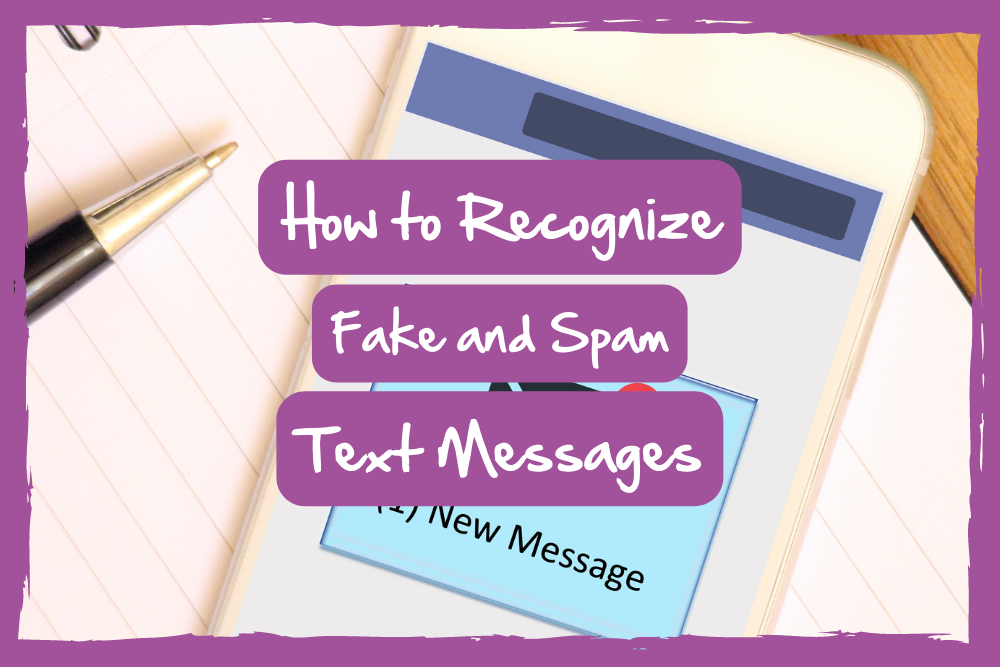Have you ever received a text message from an unfamiliar number? If so, it’s possible that you are the target of a scam, fake, or spam message. Fortunately, there are ways to identify these messages before replying or clicking on any links. In this blog post, we will provide tips on how to recognize and protect yourself from unwanted text messages.
What Is a Fake Text Message?
Fake text messages are those sent by someone who pretends to be someone else in order to get information from the recipient. These messages often ask for personal information such as bank account numbers and passwords, which can be used for identity theft or fraud. They may also contain links to malicious websites that can infect your phone with malware. Despite all this, if you think the message might be genuine, you should still contact the sender via email or phone call before taking any further action.
What Is a Scam Text Message?
Scam texts are sent by individuals or businesses with the intention of persuading people into giving away money or personal information for fraudulent reasons. These texts often claim that you have won a prize or are eligible for some kind of reward if you follow their instructions. This could include giving them your personal information, clicking on a link, and more. In reality, these offers are too good to be true and should not be trusted. The best way to avoid falling victim to a scam text is to research any offers thoroughly before responding.
What Is a Spam Text Message?
Spam text messages are unwanted texts sent in bulk by companies or individuals who want to advertise their products or services. They come from companies that you never signed up to receive communications from or even organizations that you are unfamiliar with altogether. While spam text messages are generally not malicious in nature, they can be annoying and intrusive if they continue over time without being blocked or unsubscribed. The sender typically has no interest in engaging with the recipient; they just want them to click on the link provided in the message and purchase whatever product or service they’re advertising. To avoid being overwhelmed with spam texts, make sure you read through all terms and conditions when signing up for services online and opt out of promotional emails if possible.
How Can You Identify Fake and Spam Text Messages?
The best way to determine if a text message is fake or spam is by looking at who sent it and what it contains. If the sender’s name does not match up with someone you know, then it could be a scammer trying to get your personal information. Additionally, if the message contains links, grammar mistakes, or unusual requests for money or personal information, then it is likely fraudulent and should not be trusted. It’s also important to note that most legitimate companies will never send out unsolicited text messages asking for personal information. Your family and friends likely won’t either. Occasionally, these messages may be disguised as if they’re coming from one of your contacts. In this case, ask yourself if what they’re asking for or asking you to do is normal for them. If you even vaguely suspect that you have received one of these messages, do not respond!
Be Aware of the Signs of a Fake, Scam, or Spam Message
The best way to stay safe from fake and spam text messages is by being aware of potential scams and recognizing red flags when they appear. By understanding the differences between each type of message—and knowing what steps you need to take if one arrives on your phone—you will be better equipped to stay safe online while also managing your privacy settings effectively. If you ever feel unsure about a text message received from an unknown sender or suspect that it may be fraudulent in some way then it’s always best practice not to click on any links contained within it but rather contact the sender directly via email or phone call first for further clarification before taking any further actions.









